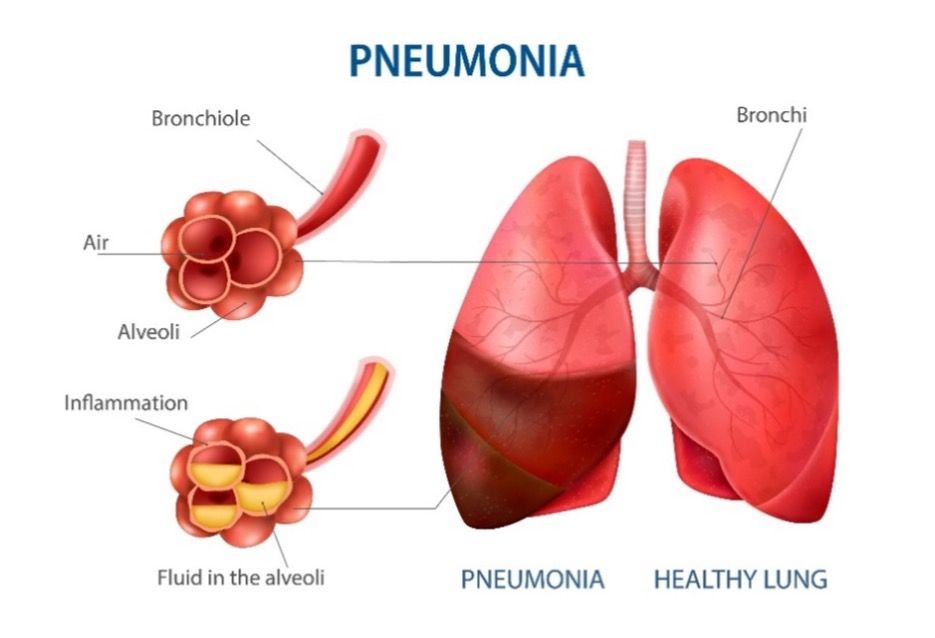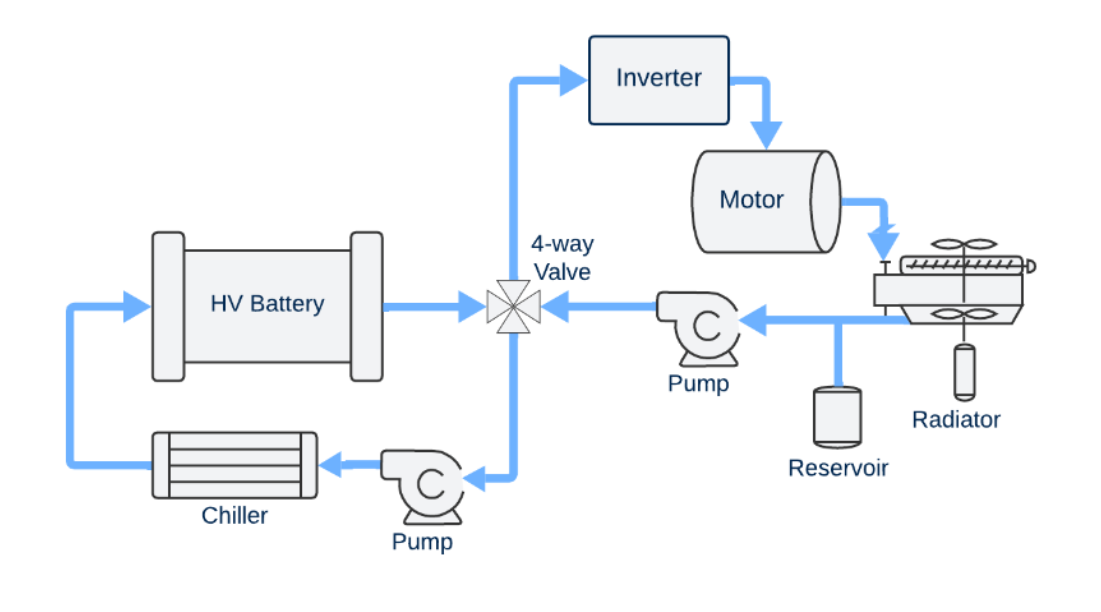Study Finds Low-Dose Methylprednisolone as Effective as High-Dose for Severe Pediatric Mycoplasma Pneumoniae Pneumonia
A multi-center, randomized clinical trial led by Professors Baoping Xu, Kunling Shen, and Xiaoxia Peng from Beijing Children’s Hospital and collaborators across China has revealed that low-dose methylprednisolone is just as effective as high-dose therapy in treating severe Mycoplasma pneumoniae pneumonia (MPP) in children—while offering better safety outcomes.
Severe MPP, an inflammatory lung condition and a leading cause of community-acquired pneumonia in children over five, is on the rise globally. While macrolide antibiotics like azithromycin are the first-line treatment, they are often paired with glucocorticoids such as methylprednisolone to reduce inflammation and prevent long-term pulmonary damage. However, the optimal glucocorticoid dosage has remained uncertain.
In this study, pediatric patients with severe MPP were randomly assigned to receive either low- or high-dose methylprednisolone combined with azithromycin. At six-month follow-up, both groups had similar rates of pulmonary lesions, a common long-term complication. However, the high-dose group experienced more adverse effects, including elevated blood pressure, without notable improvements in lung function.
The findings indicate that low-dose methylprednisolone is equally effective in minimizing long-term damage while presenting a lower risk of side effects. This outcome is especially significant considering rising macrolide resistance and the limited efficacy of antibiotics alone.
Professor Xu emphasized the importance of anti-inflammatory therapies alongside antibiotics in treating severe MPP. This research fills a critical gap in pediatric respiratory care, offering evidence-based guidance for safer, more effective treatment protocols.
The study strengthens clinical decision-making and promotes better long-term outcomes for children affected by this increasingly common condition.








